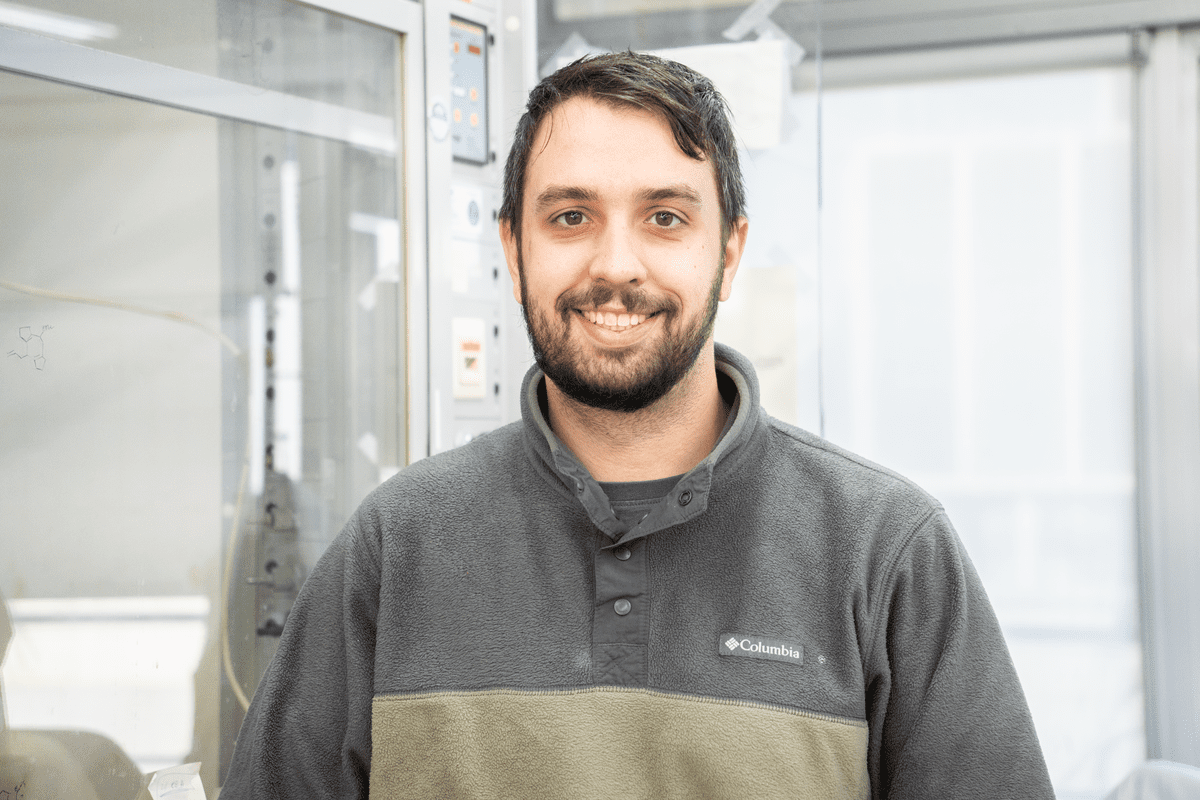
 15/01/2025
15/01/2025
 11:00 h
11:00 h
 ICIQ Auditorium Prof. Dr. Kilian Muñiz
ICIQ Auditorium Prof. Dr. Kilian Muñiz
- Lecturer: Pablo Mora
- Supervisor: Prof. Antonio M. Echavarren
Design of Novel Monodentate Ferrocenyl Ligands For Enantioselective Au(I)-Catalyzed 1,6-Enyne Cyclizations
Gold was long considered to be an inert metal until the late 20th century when the field of homogeneous gold(I) catalysis witnessed a significant growth. The ability of gold(I) complexes to selectively activate alkynes under very mild conditions has been exploited for the construction of molecular complexity. On the contrary, enantioselective gold(I) catalysis has seen a slower progress due to the tendency of gold(I) to adopt a linear dicoordination, which places the chiral information from the ligand far away from the reactive center, resulting in inefficient enantioinduction.The main strategies have relied on the use of bulky bisphosphine ligands, monodentate phosphoramidites and chiral counterions, although these approaches are frequently limited by narrow scopes and lengthy ligand synthesis. Therefore, the design of new chiral ligands adapted to the challenges of gold(I) catalysis is needed to develop asymmetric gold(I)-catalyzed reactions.
This doctoral thesis describes the design and development of a novel family of 1,2-ferrocenyl phosphines, which were prepared from Ugi’s amine and 2-aryl indole in a short sequence. The chirality was provided by the ferrocene scaffold and installed in a single step. These synthetically accessible ligands were studied in gold(I) catalyzed cyclizations of 1,6-enynes and achieved good to excellent levels of enantioselectivitivy in 3 different reactions.
Furthermore, DFT calculations and NEST analysis were performed to understand the origin and mode of enantioinduction of the newly prepared gold(I) complexes. The experimental and computation results obtained were used to build a predictive model for the enantioselectivity with long-shaped gold(I) complexes. This represents a more rational approach towards the design of chiral ligands for enantioselective catalysis.
We developed an enantioselective gold(I)-catalyzed biscyclopropanation of dienynes using a bulky digold(I) complex, which achieved good levels of enantioselectivities. Simple linear 1,6-enyne substrates could be cyclize into complex tetracyclic scaffolds in a single step. Steric analysis of digold(I) complexes revealed a different catalytic performance , closely related to the distribution of bulk within the digold(I) complexes.
Other events

Let's create a brighter future
Join our team to work with renowned researchers, tackle groundbreaking
projects and contribute to meaningful scientific advancements




















